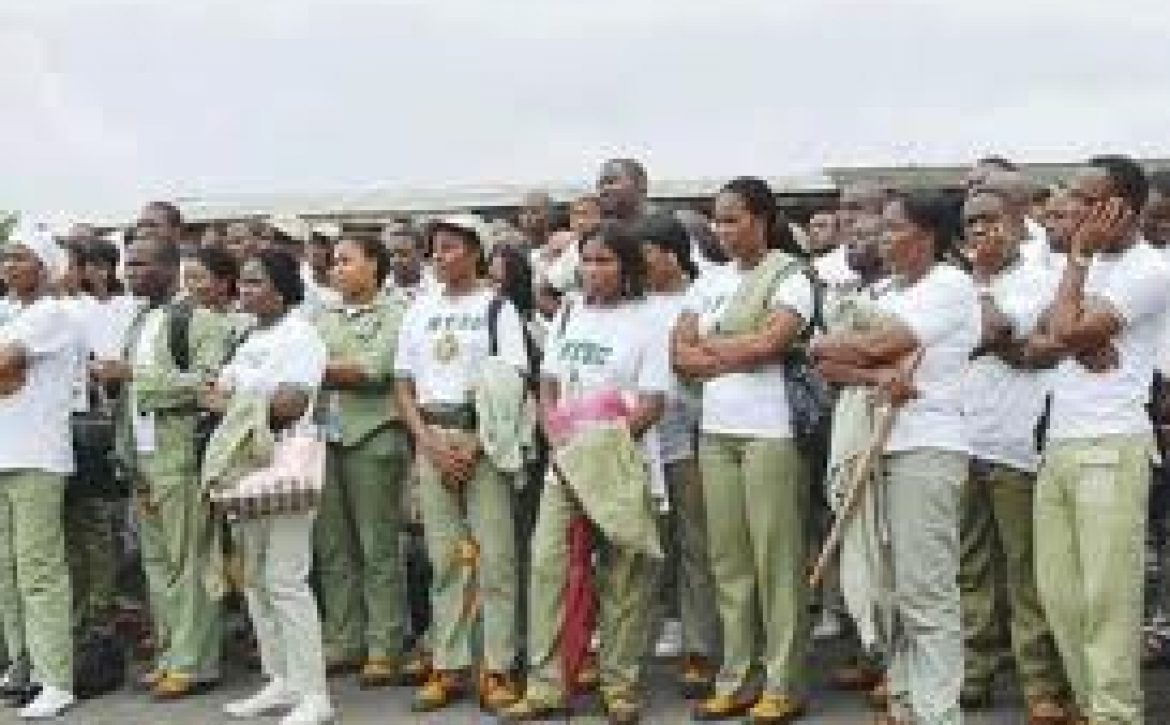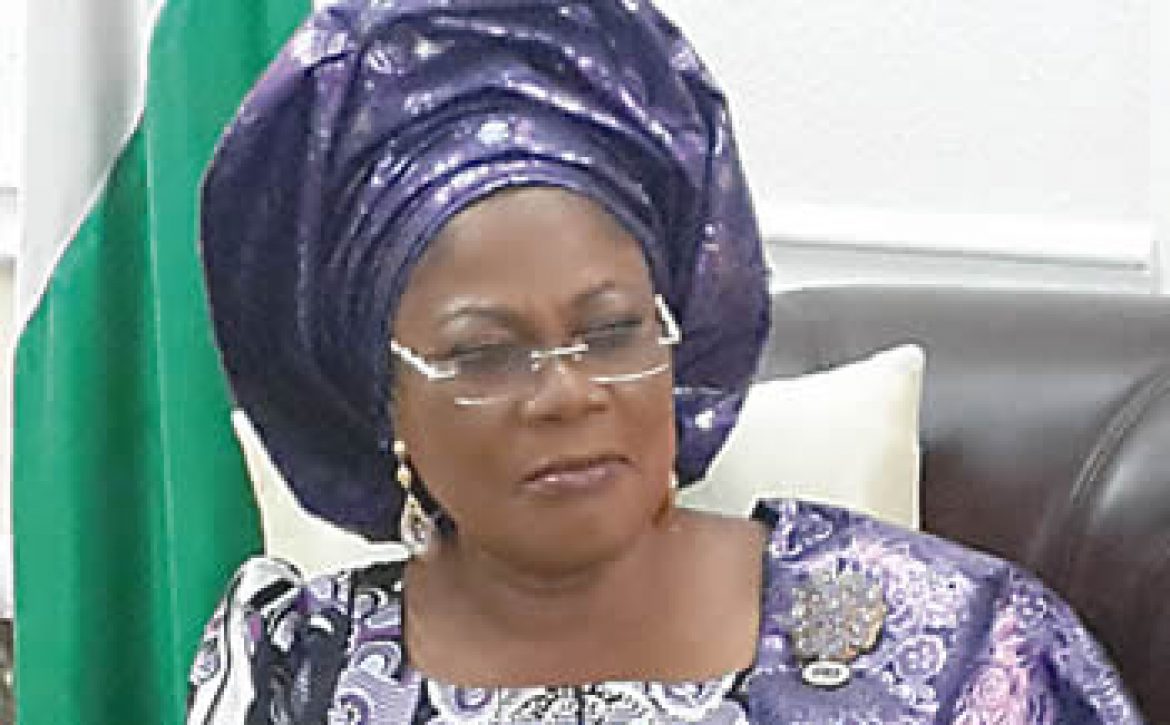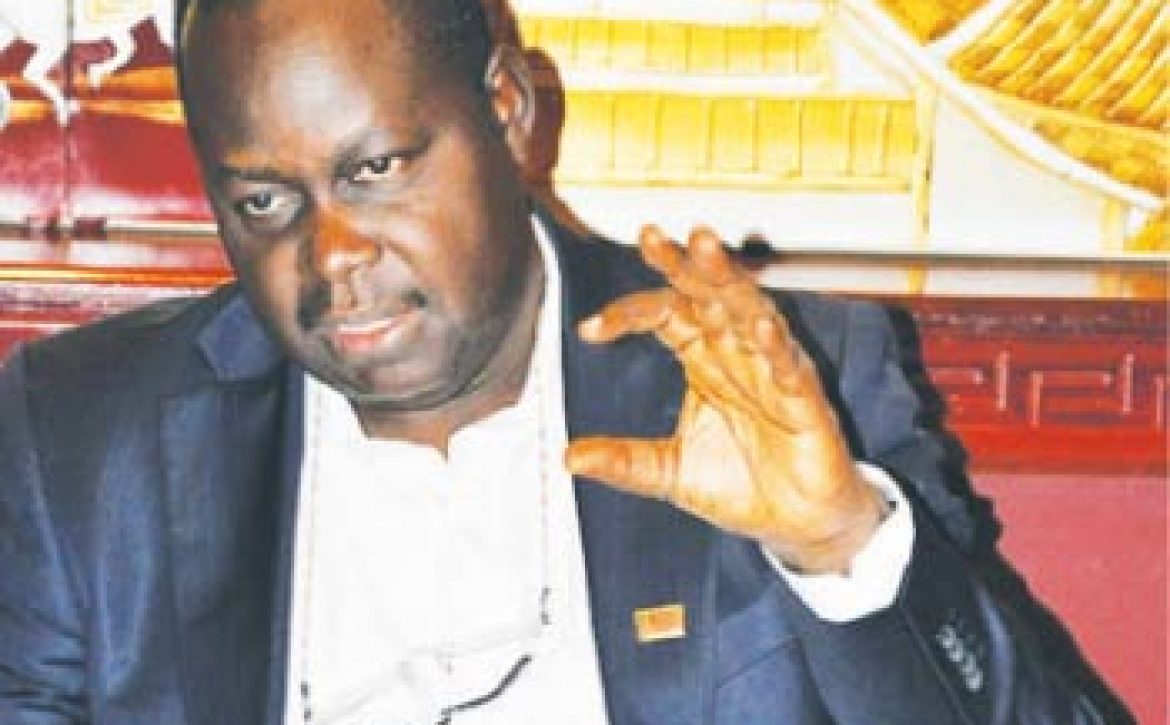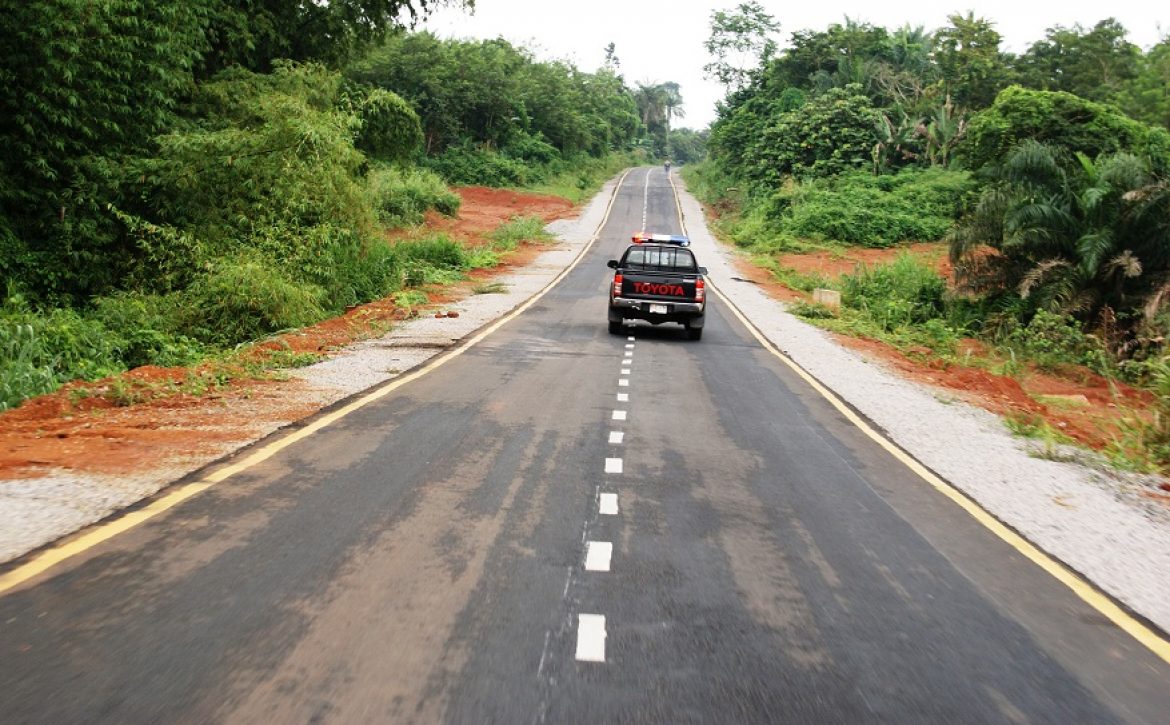 Resumption to schools for the new term by students and teachers in Osun State witnessed some form of uproars from a section of missionaries in the state, who accused government of illegally taking over their schools; disrupting the order with which they were being run, and that as a result also affecting negatively the future of their students.
Resumption to schools for the new term by students and teachers in Osun State witnessed some form of uproars from a section of missionaries in the state, who accused government of illegally taking over their schools; disrupting the order with which they were being run, and that as a result also affecting negatively the future of their students.
It took days before normalcy could return to some of these schools especially in Osogbo, Ilesa, Iwo,Ile- Ife, among major towns in the state.
The Baptist Convention in particular, had cried foul, saying the government’s decision to turn single- sex schools to mixed-sex, especially in Iwo, and the Baptist Girls High School, Osogbo, now Osogbo Baptist High School, could neither be in the interest of the school nor that of the church.
Their grouses, apart from the takeover and merger, had also included the reclassification of school system in the state, which unlike the usual primary and secondary school classifications, now has elementary, middle and high school classification systems.
The classification, according to the state government, was not an after-thought, but part of the recommendations of a three-day education summit of stakeholders and experts in the global education system under the chairmanship of the Nobel Laureate, Prof. Wole Soyinka, who gathered in the state in 2011 to rebuild the state’s hitherto collapsing education sector.
According to the state’s Deputy Governor and Supervising Commissioner for Education, Mrs. Titi Laoye-Tomori, the classification took into cognitisants the ages and mental response capacities of the pupils, which she claimed led to the three groups of ages six-nine, 10-14 and 15-17 for the elementary, middle and high school category, respectively.
With the new categorisation, Mrs. Laoye-Tomori noted that not only the academic needs of the pupils had been taken into considerations but also their extra-curricular activities, including the infrastructural facilities in those schools.
She noted that the experts’ research activities had revealed that pupils in the ages between six and nine behave similarly and respond to lessons the same way and so could be better handled in the same environment and by the same categories of teachers, who she said deserve special form of on-the-job trainings.
As regards the alleged abrupt merger of schools, the deputy governor explained that Osun State, with just a little above three million people had too many mush room schools with dilapidated infrastructure and unevenly distributed teachers.
She said the situation was worse in the rural areas where less than six teachers attend to more than 300 pupils while in some communities, there were more than 18 teachers attending to less than 60 pupils. She decried the overcrowded classrooms and dearth of teaching and learning facilities leading to more students sitting on bare floors to receive lessons.
To address the inequalities and the decay in the infrastructure, the deputy governor explained that the state was not buoyant enough to keep “too many substandard school structures” scattered all over the state, and therefore, developed the more expansive state-of-the-art model structures that could accommodate more students and provide enabling environment for adequate teaching and learning.
However, contrary to the outcry that followed the merger, investigations revealed that from Iwo to Osogbo, Ilesa, Ejigbo, Ede to Ife, among others, both students and teachers, who savour the beauties of the new and improved teaching and learning environment, took a swipe at the old conditions of learning and praised the new administration for what they described as a right step in the education sector for the state.
At the Christ African Church Middle School, Gbodofon, Osogbo, James Adedayo said the experience in his new school could not be compared to where he was studying before, saying the new set of furniture, the provided marker boards, among other basic amenities including toilets, water, have made learning at the middle school easier than before.
Similarly, at the Baptist High School, where government had recently renovated the dilapidated structures and provided basic needs such as water, the students who are now males and females were seen receiving the new set of furniture of plastic chair and lockers as they beam with smiles.
The atmosphere in Ejigbo was not different as students relived their experiences of the new atmosphere where investigations revealed that the state’s policies of free school uniforms, books and the distribution of “Opon Imo,” otherwise known as tablet of knowledge had erased the hitherto sense of inferiority complex, inequalities and oppression among students and thereby enhanced friendship.
Some of the teachers who spoke to National Mirror including Mrs. Modupe Daniel at the Christ African Church Middle School, Osogbo and Mrs. Fasilat Ajiboye of Saint Michael Elementary School, also in Osogbo, commended the state government for making teaching a worthwhile experience for them.
While the students of the recently inaugurated Salvation Army Middle School, Alekuwodo, Osogbo could not hide their check about the serenity, beauty and facilities at the remodelled school, the experience at some of the elementary schools visited where pupils were served free meals, revealed the readiness and eagerness of pupils to learn.
According to Mrs. Ajiboye, who teaches Grade II pupils, no single day passes without new students approaching the school for enrolment. She added that classes were usually filled to the brim whenever free eggs are being served with rice, and this was corroborated by one of the caterers, Mrs. Eyinade Adebisi, who added that as one of the 3,007 caterers employed by the state, the experience has been more than awesome.
When she was asked about some of the challenges raised by critics of the new school systems such as distance and the fear of sustainability, among others, the deputy governor explained that all the issues raised had been addressed by the government including relevant legislations by the legislative arm of the government which would make their reverse a near impossible step to take.
She also added that the issue of distance was already taken care of as the new high schools would have hostel facilities with free school buses distributed around the states to run the routes.
“One thing we must understand is that this administration does not just dabble into any project except it has been properly fathomed with adequate researches and findings done and the merits and demerits appraised.
So, like all our projects, the education sector has witnessed a big turnaround with a large chunk of our income being invested in it because the governor knows very well that no state can grow beyond the capacity of its schools.” Continued, Laoye-Tomori said, “This administration has employed more than 14,000 teachers since assumption and more would still be employed.
The governor has vowed not to stop until students of Osun State can compete favourably with their counterparts in the developed countries. But the beauty of government’s efforts so far is that we are already seeing the results with enrolment increasing by the day.”
Corroborating the deputy governor, Chairman, Osun School Infrastructure Development Committee, Otunba Lai Oyeduntan, explained that each of the elementary schools would accommodate about 900 pupils and are being located in the neighbourhoods to address the fear of distance.
He said a total of 37 model structures were already being built across the nine federal constituencies in the state and would be delivered latest this December, after which the next phase would commence.
He said the methods of building the infrastructure, which he noted included the use of the traditional sands and blocks for the high school, the composite brick method for the middle schools and dry construction method involving light framed metals for the elementary schools, have taken into cognisance the end users and their needs. He therefore called on all the people of the state to support and cooperate with the Aregbesola’s administration so as to jointly move Osun State to the next level.
NATIONAL MIRROR
 The Government of the State of Osun will continue to make the welfare of its CORP Members’ top priority. This was stated today by the Governor, State of Osun, Ogbeni Rauf Aregbesola, at the swearing-in ceremony of 2013 Batch ‘C’ set of corps members deployed to the state.
The Government of the State of Osun will continue to make the welfare of its CORP Members’ top priority. This was stated today by the Governor, State of Osun, Ogbeni Rauf Aregbesola, at the swearing-in ceremony of 2013 Batch ‘C’ set of corps members deployed to the state.











 The Osun State deputy governor who also doubles as the Commissioner for Education in ‘The State of Osun’ spoke to some journalists on the rationale behind the reforms in the state.
The Osun State deputy governor who also doubles as the Commissioner for Education in ‘The State of Osun’ spoke to some journalists on the rationale behind the reforms in the state.










